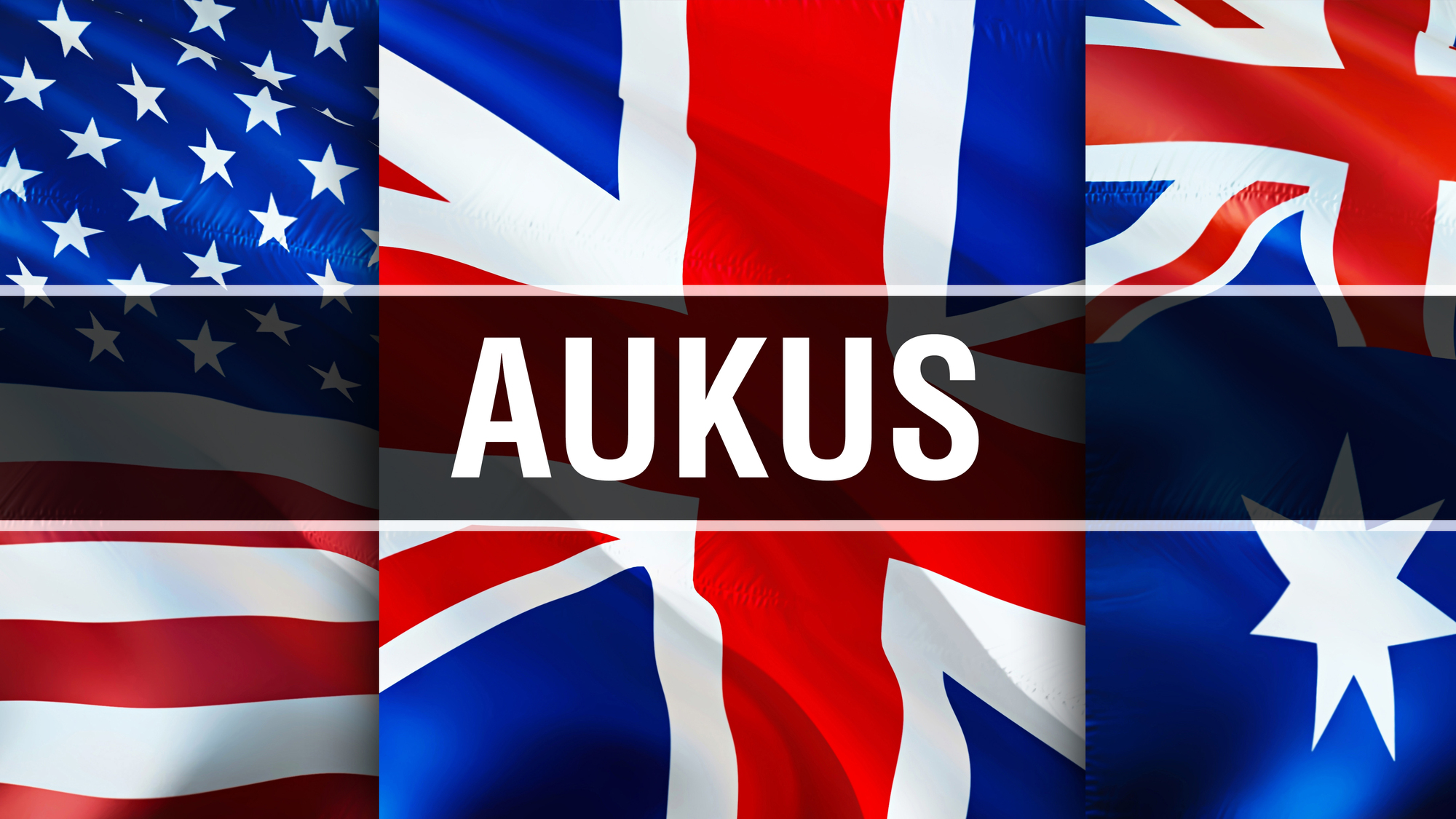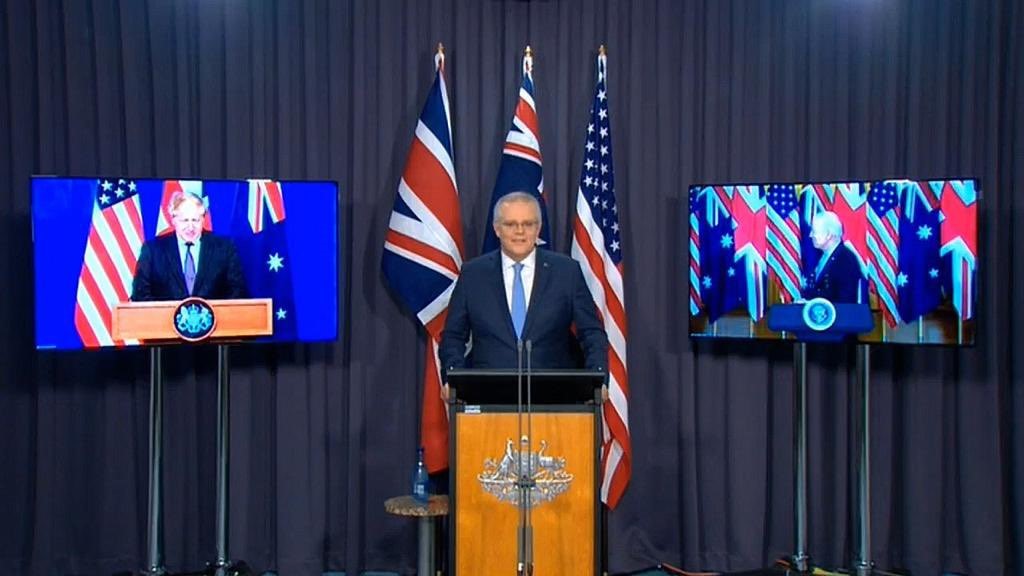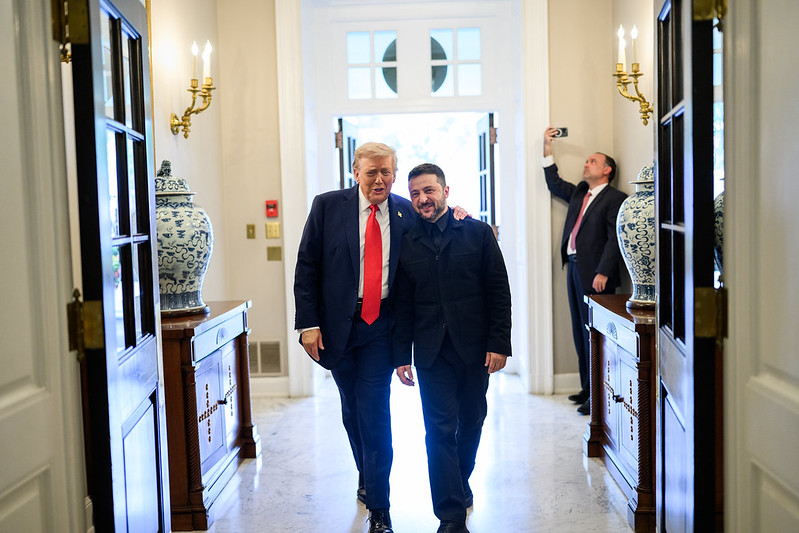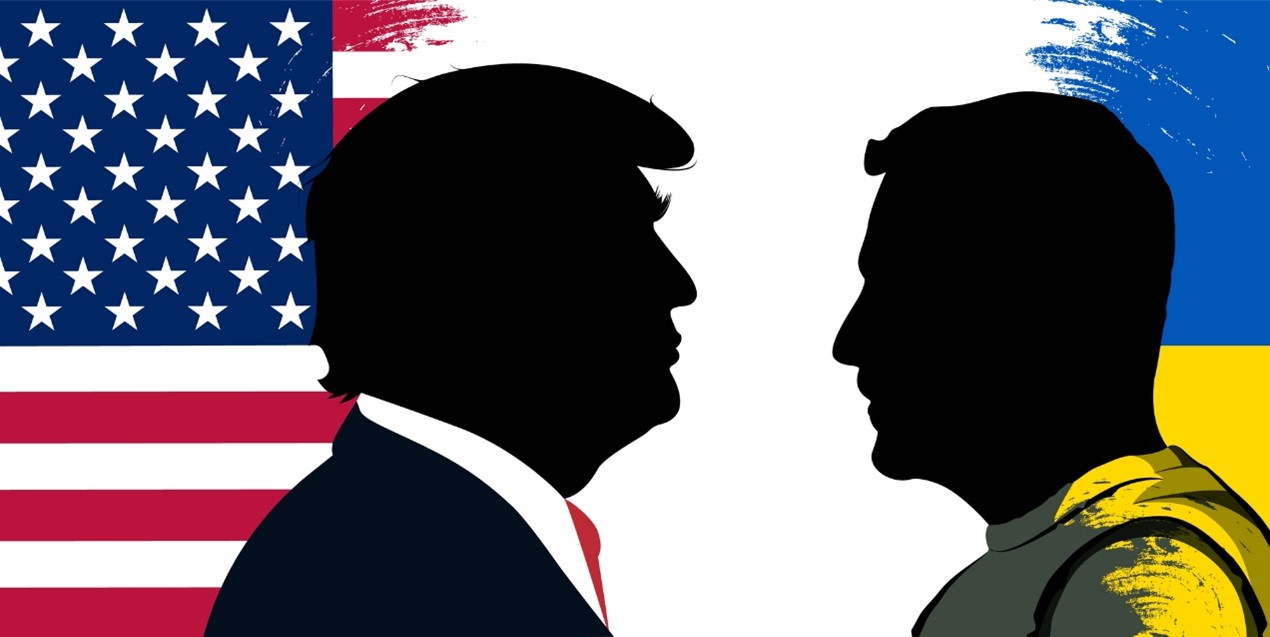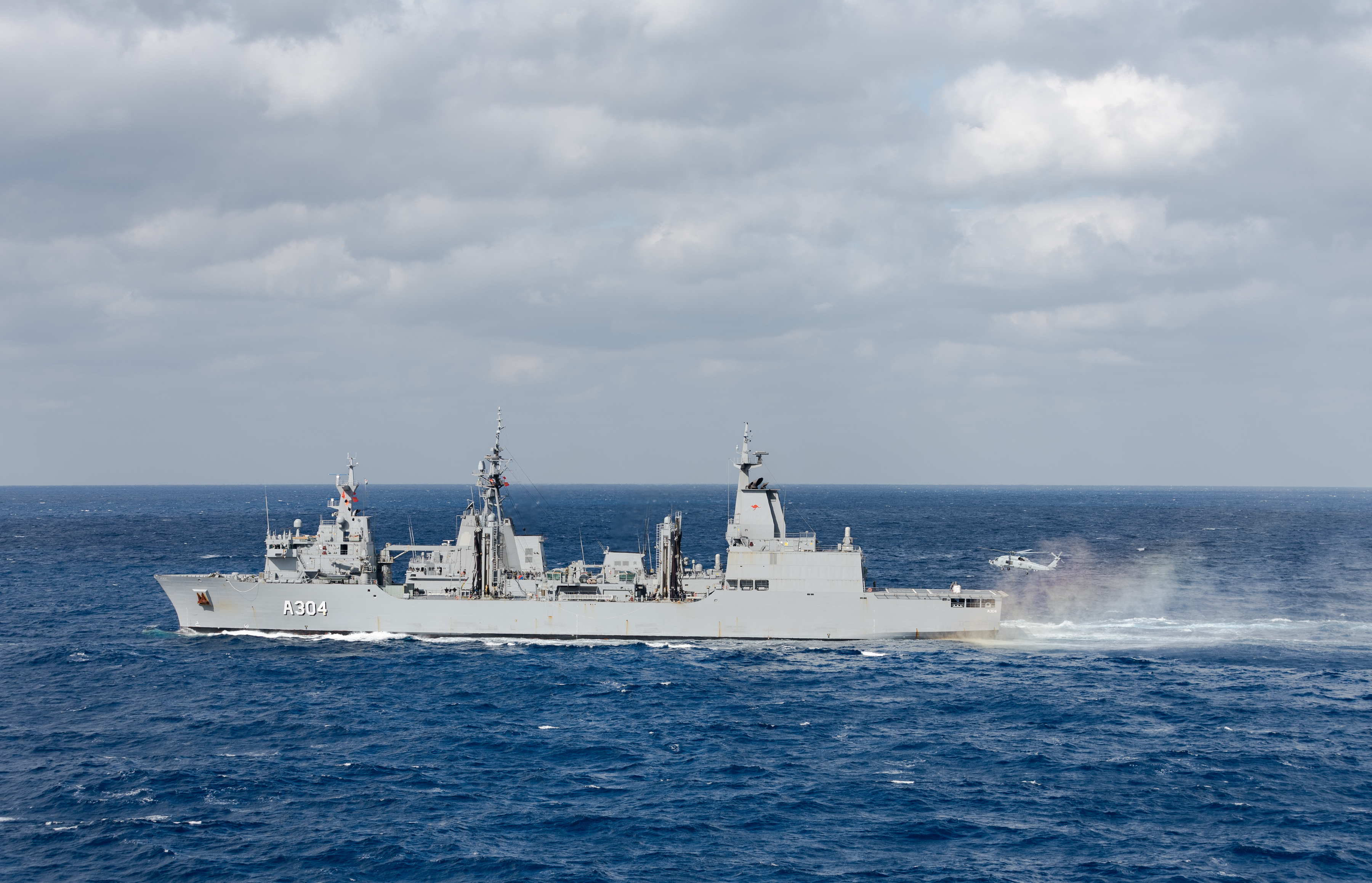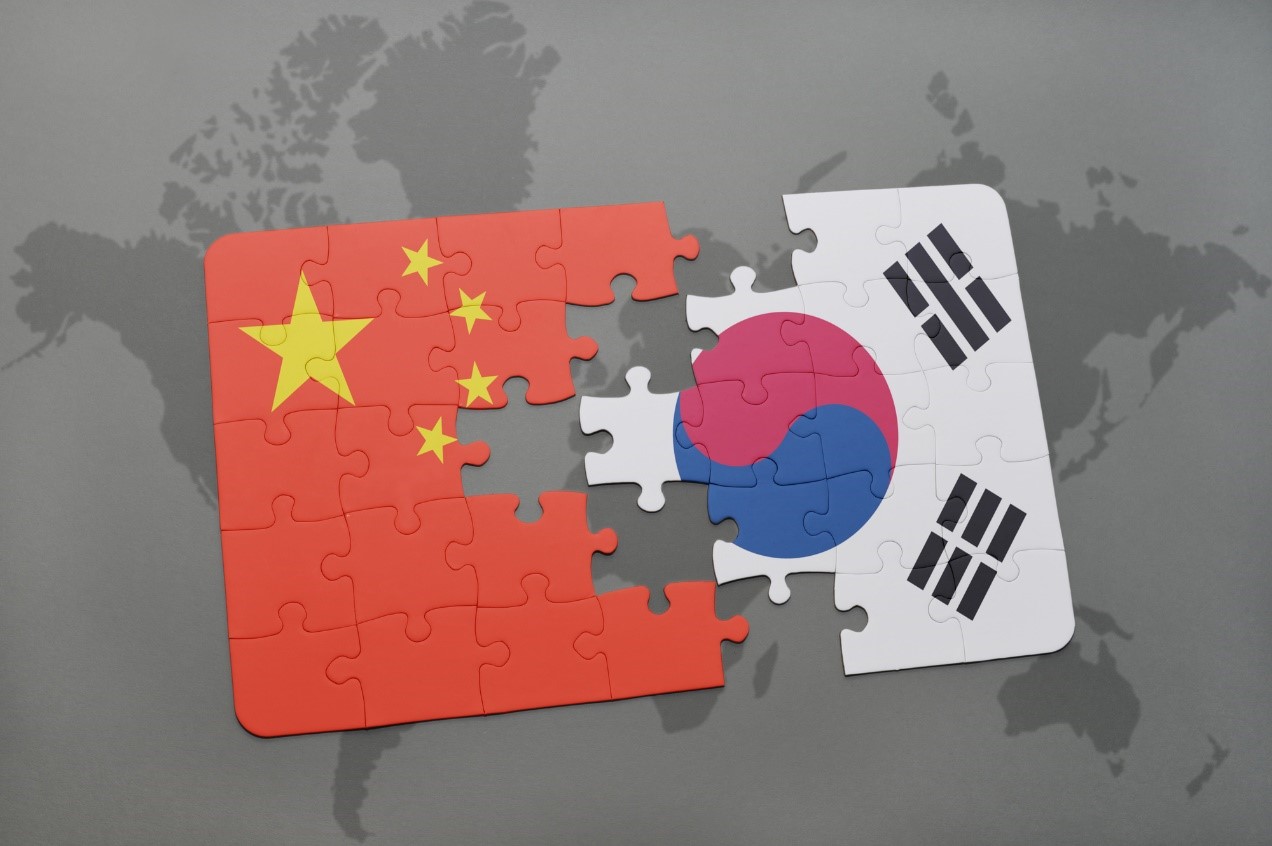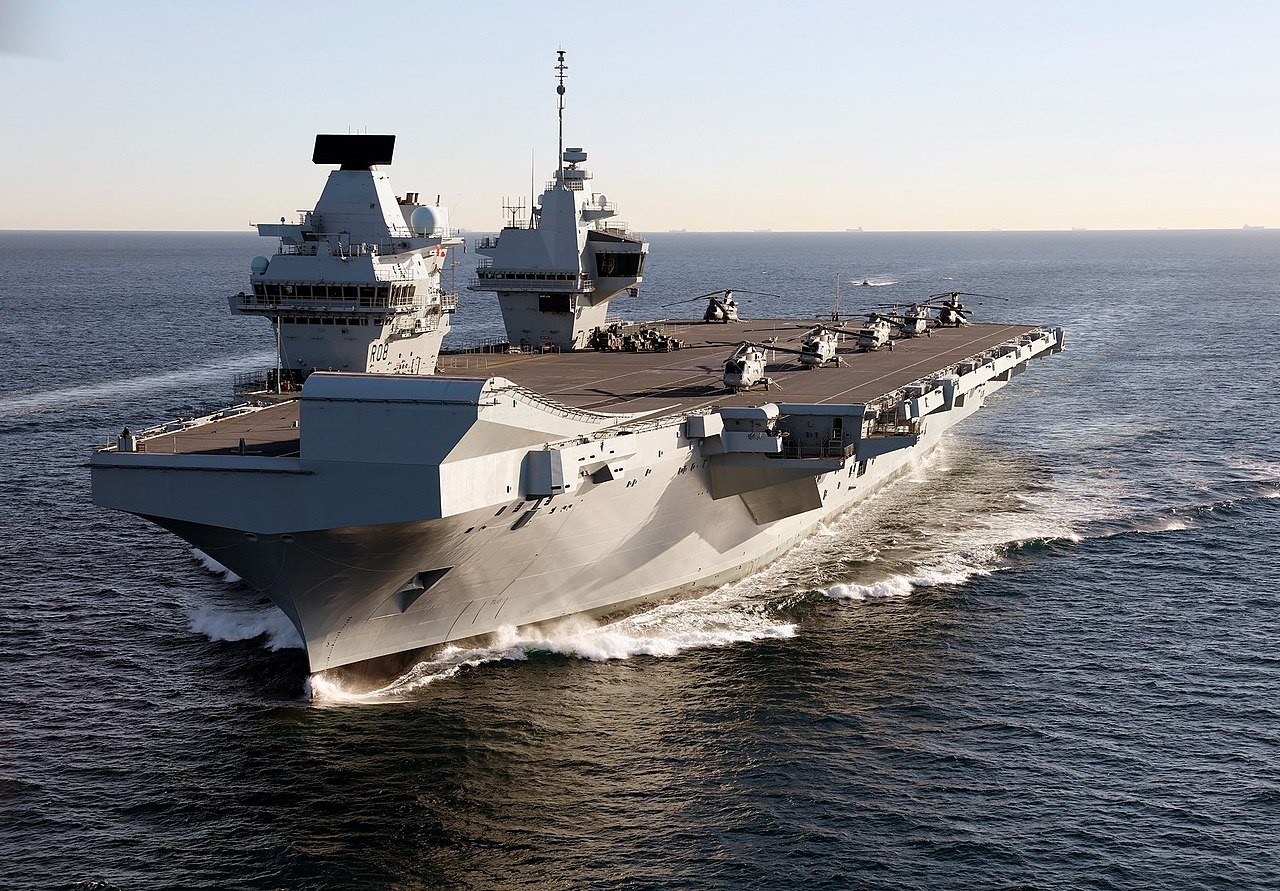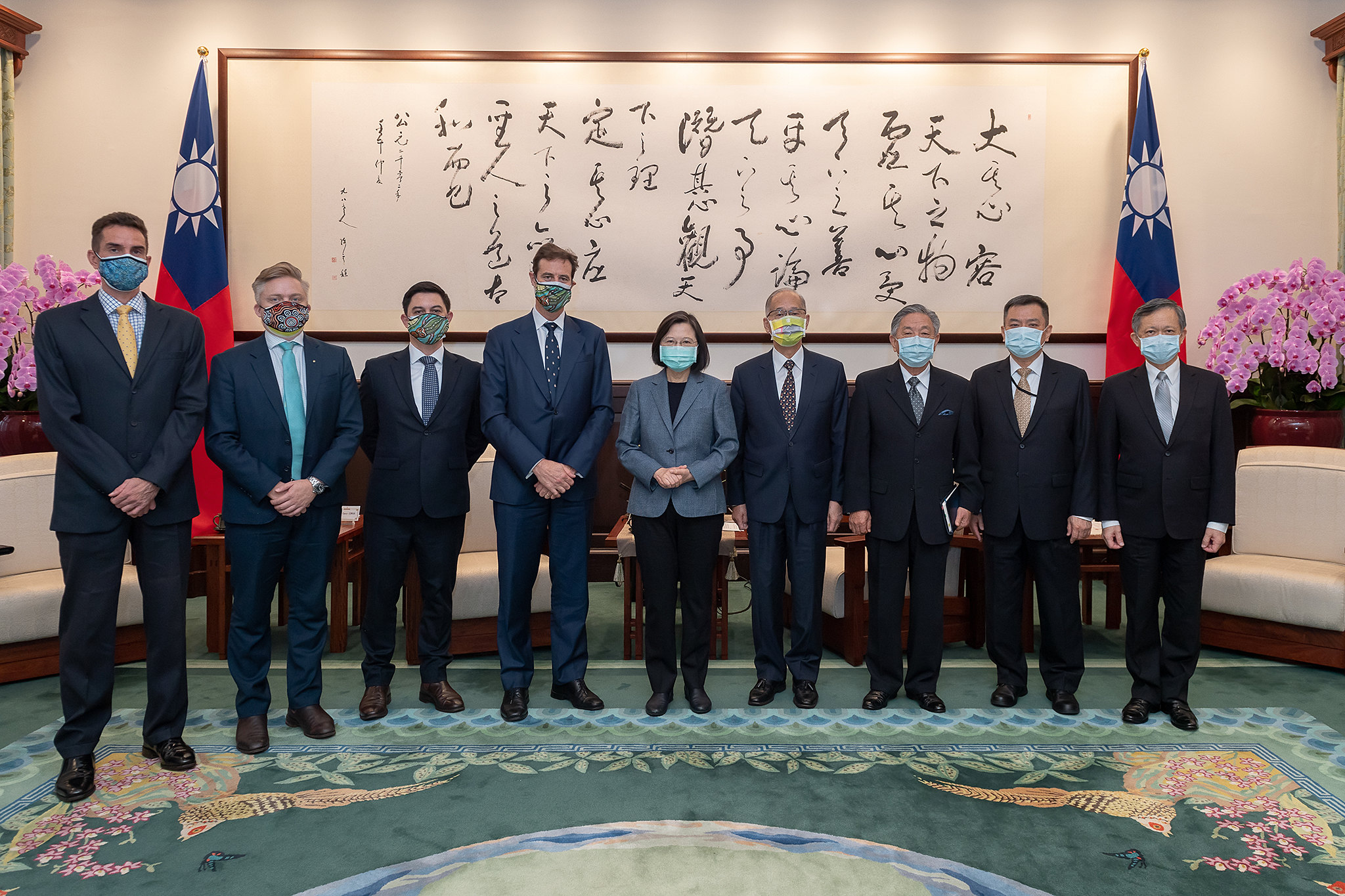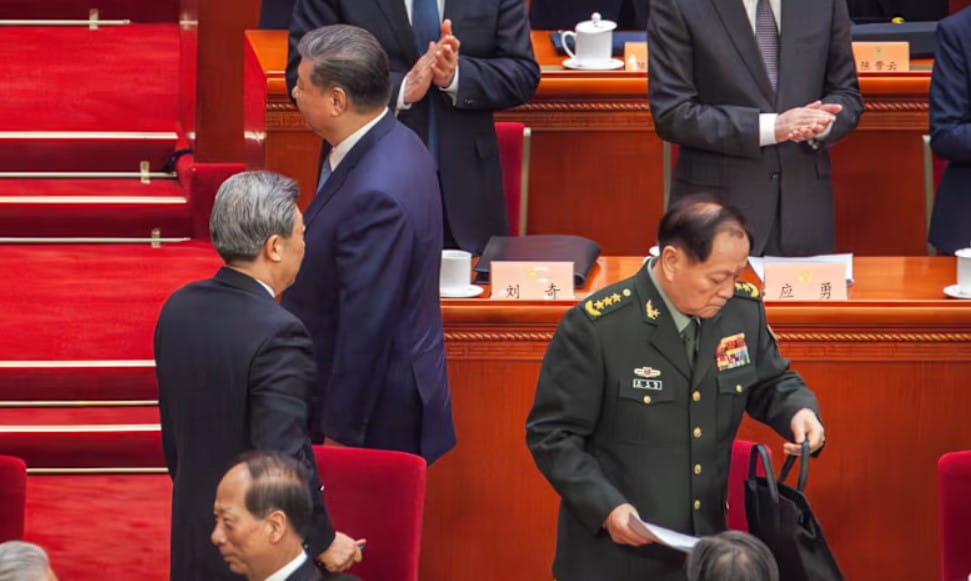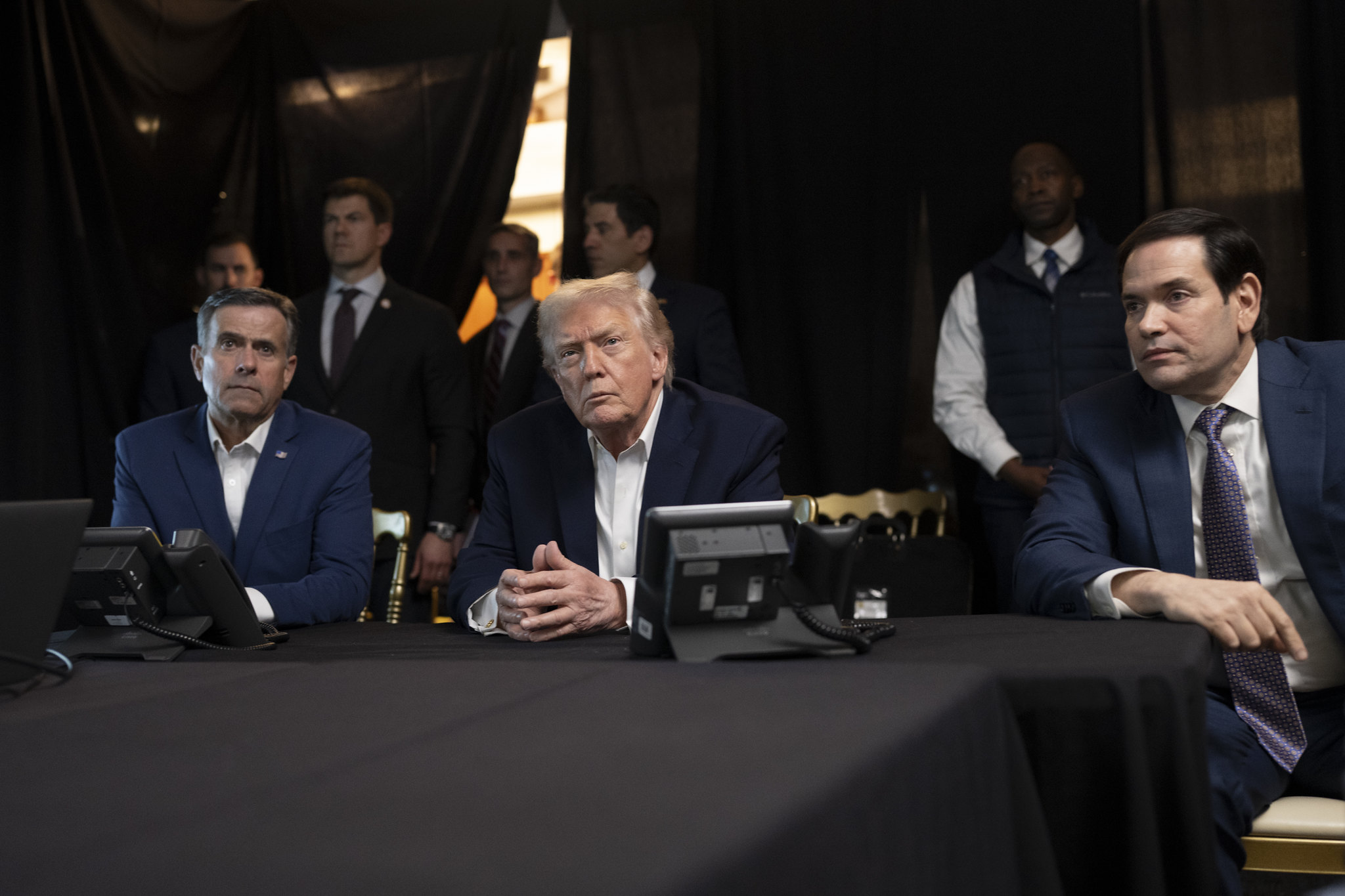As in other countries, Australian leaders have been hanging on every word from Donald Trump since he returned as president in late January, and not just out of fear of being hit by crippling tariffs. Australia’s most immediate worry is how the returning president sees AUKUS, the country’s trilateral deal with the U.S. and the UK which underpins Canberra’s defense policy for decades to come. Picture source: Depositphotos.
Prospects & Perspectives No. 7
Australia and AUKUS Under President Trump
By Richard McGregor
As in other countries, Australian leaders have been hanging on every word from Donald Trump since he returned as president in late January, and not just out of fear of being hit by crippling tariffs.
Australia’s most immediate worry is how the returning president sees AUKUS, the country’s trilateral deal with the U.S. and the UK which underpins Canberra’s defense policy for decades to come.
AUKUS Vulnerabilities
The AUKUS agreement was negotiated with the administration of President Joe Biden, which in theory makes it vulnerable to Trump’s deep antipathy to initiatives of the outgoing administration.
But the assessment of AUKUS’s prospects thus far by senior politicians and bureaucrats in public and private in all three countries tells a different story — that Trump might be the least of AUKUS’s problems.
AUKUS, negotiated in secret and announced to great fanfare and surprise in September 21, 2021, envisages Australia buying nuclear-powered submarines from the U.S. and then building a new boat with the UK.
The second leg — known as Pillar Two — is effectively a defense free-trade deal between the three countries, but most importantly between Australia and the U.S., allowing the allies to seamlessly transfer military technologies.
AUKUS is both ambitious — the U.S. has only ever transferred the technology for nuclear powered subs once before, to the UK — and requiring implementation over decades.
Australia and the UK are not due to build and deliver a submarine together in Australia until the early 2040s and even that timetable will be difficult to meet, because of the technological challenges.
With such extended timelines, the prospect of Trump throwing off an already challenging co-operative project off course with new demands seems real enough.
Australian Interests
Not so fast, say Australian ministers and officials.
With the proviso that Trump is wildly unpredictable, Australian officials have always said they can mount exactly the kinds of arguments to appeal to the U.S. president’s gut geo-political instincts.
In short, their pitch is along these lines — the U.S. has the best submarines in the world; not only does Australia want to buy them; Australia is also investing in U.S. industrial capacity to make them.
Along with the fact that Australia has run a large trade deficit with the U.S. for decades, those arguments touch Trump’s political sweet spot in a way that few countries can. (Australia, as a commodities exporter, runs a large trade surplus with China.)
‘Blueprint’
So far, such arguments seem to have gained traction in Washington.
Marco Rubio, the U.S. Secretary of State, said at his confirmation hearing that AUKUS was “something that I think you’re going to find very strong support for in this administration.”
Rubio said the pact was “almost a blueprint” for how the U.S. can work with partner nations to confront global challenges, such as technology, critical minerals, AI and defense — all issues related to China.
“This obviously is more defense related, but it’s one example of how we can leverage the power of these partnerships with allies — two, three countries — in some cases broader … to reach outcomes and objectives such as creating a geopolitical and strategic balance in the Indo-Pacific region and beyond,” he told the Senate Foreign Relations Committee.
U.S. Shipbuilding Capabilities
AUKUS is facing other problems which have little directly to do with Trump. The first and most important is U.S. shipbuilding capabilities.
By the early 2030s, the U.S. will have to approve the transfer of Virginia-class nuclear powered submarines to Australia, something that can only happen if the president certifies it will not diminish the American navy’s own undersea capability.
“This certification is unlikely if the industry has not by then cleared its backlog and achieved a production rate of 2.3 a year — the long-term building rate of two a year for the US Navy, plus about one every three years to cover Australia’s requirement,”wrote Peter Briggs, a retired Australian submariner, in The Strategist.
Given current levels of production in U.S. shipyards, says Briggs, “the chance of meeting that condition is vanishingly small.”
The Australia government and Defence Department is deeply worried about this, although they do not express such doubts in public. For the legion of critics of AUKUS in Australia, however, they see U.S. industrial failures as a way of the deal.
The Australian critics of AUKUS are formidable — two former prime ministers in Paul Keating and Malcolm Turnbull; and a former Foreign Minister in Gareth Evans.
Their reasons for opposing AUKUS vary. Turnbull is focused on falling U.S. submarine production; Keating, who calls AUKUS “the worst deal in history,” is a critic of the U.S. alliance and favors accommodation with China.
Supporters of AUKUS also fault the current Australian left-of-center Labor government, led by Anthony Albanese, for not advocating more forcefully for the project, even as it spends billions of dollars to implement it.
So while both major political parties back AUKUS, public support for the project is lukewarm. As a result, building the infrastructure needed to base the submarines on both the east and west coasts of the country is already behind schedule.
Deterring China
Scott Morrison, who was the architect of AUKUS as the previous prime minister, said in a recent interview that Trump’s Washington would expect Canberra to strengthen its public advocacy, and not shrink from naming China as the project’s key deterrence target.
It will not be enough to execute the project and promote its contribution to industry policy, as Albanese has done, Morrison told The Australian newspaper. The likes of Rubio will also expect Australia to talk-the-talk on China and deterrence as well.
Morrison says Republicans in particular support AUKUS “because it is a very successful partnership to provide a military deterrent to their biggest strategic rival. And don’t diminish that. Own it. Because it’s true. And if owning it means the Chinese don’t like it, well, too bad.”
At the time of the writing of this article, Trump had yet to say a word about AUKUS. He might yet have the final say.
(Richard McGregor is a Senior Fellow for east Asia at the Lowy Institute.)


